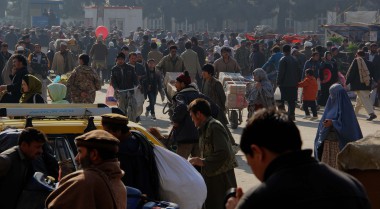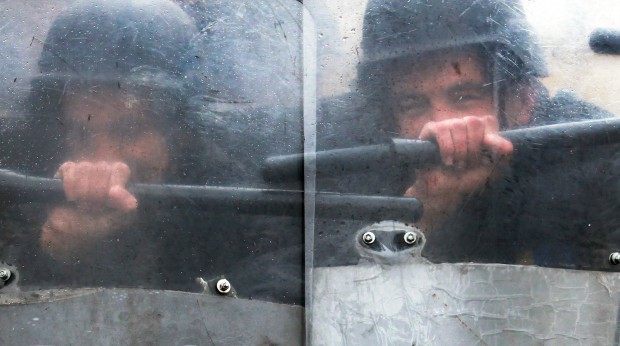
Human Security Turns 25
It is 25 years since the concept of human security was first introduced as a new way of understanding root causes of violent conflict. Today, this concept, that puts the individual at the forefront of security, is more relevant than ever. From the Syrian war to the refugee crisis in Venezuela, and from the spread of violent extremism to growing political polarization, the human security approach is a fundamental tool to understand what is behind these phenomena. More importantly, it is a key factor to identify viable, effective and sustainable solutions.
"The three pillars of human security: freedom from fear, freedom from want and freedom from indignity, constitute an almost perfect match to the aspirations of the sustainable development goals."
As we move to the implementation of the Sustainable Development agenda, there is probably no concept more useful to assess progress in this implementation than human security. This is because the use of a human security lens allows us to look beyond the hard data and the development indicators to try and understand what they mean for the people and what contribution they make in providing individuals with opportunities to realize their potential.
"For peacebuilders, understanding human security is inherent to their work."
The three pillars of human security: freedom from fear, freedom from want and freedom from indignity, constitute an almost perfect match to the aspirations of the sustainable development goals. These pillars are also fundamental to make initial needs assessments, identifying fault lines in a society and to be able to act preventively.
For peacebuilders, understanding human security is inherent to their work. In a way, we can say that their work is to identify factors that cause fear and mistrust, and to then transform them for people to feel more trusting and secure. In other words, our work is to help people build relationships of trust; trust among people across a particular divide, and trust among people and state institutions.
How is fear overcome and trust built? One way of doing it is by creating spaces for regular interaction and dialogue, where people and decision makers can develop a joint understanding of factors that create fear and cause insecurity; and then discuss how to transform them together. Just having these spaces is already an important step to empower people as agents of their own security rather than as passive recipients.
At GPPAC, we celebrate the 25th anniversary of the human security concept. We will keep using it for many more years as the overarching umbrella of our work and continue developing more spaces for dialogue, mutual understanding and cooperation, where people can feel more in control of their own destinies.

